|
In Spring, when you’re still shaking off winter and haven't quite fully moved on from the roast potatoes to salads, you need food, tonics, and remedies that support your body's kick start. It's no coincidence that Nature provides just the medicine you need, at just the right time, These 10 bitter wild plants are part of Spring's natural medicine chest that are just what your body needs to throw off winter's sluggishness: they're pungent, spicy, warming and cleansing to get your system going again, says herbalist Alice Bettany at our Foraging and Health class last week. [all pics and info from our Foraging and Health class in April 2017] 1. Dandelion Many people think of Dandelion as a pesky weed, but it's actually a great wild food, and good herbal medicine. Dandelion is rich in vitamin C, potassium, iron, calcium, magnesium, zinc, phosphorus, and beta-carotene. It can reduce inflammation, and helps the body clear out waste water and salt - it's a diuretic - so is good for high blood pressure. Unlike pharmaceutical diuretics, where you might have to take potassium at the same time as the diuretic, dandelion leaf is rich in potassium which means you don't have to take any extra. This nature medicine works in the way our bodies need it to! Dandelion is bitter and gets the saliva going, which aids digestion. As food, Dandelion flowers taste delicious in salads (not the stalk). NB Make sure you only gather dandelion from land that's free from pesticides, and away from dog wee. And be sure that the plant is dandelion as there are many similar plants, some of which are not edible. Check for the typical tooth-like indentations on the leaves. 2. Plantain Known as the first aid, wound herb, plantain is brilliant for bites, blisters, cuts and even splinters. Chew some up in your mouth and place over the affected area. It'll heal up in no time. Plantain is a gentle astringent that has a cleansing effect on the body and it tones up the mucous membranes, so is good for drying up spring colds, and diarrhoea. The edible leaves of plantain are rich in calcium and other minerals and vitamins, including Vitamin K, which helps stem bleeding from cuts and wounds. Tender leaves can be eaten fresh in salads, but older leaves have to be cooked. To make a summer hayfever remedy, use plantain (soothing), nettles (antihistamine), elderflower (antihistamine). Take as a tea, tincture or vinegar. 3. Cleavers Cleavers is one of nature's best spring medicines. It's abundant, and grows harmoniously alongside its neighbours - it uses them to grow, so it’s friendly plant. Cleavers has a high water content (90%), and looks like a bottle brush - it’s a great lymphatic, diuretic, and aid for the immune system, so is great for lumps, swelling, psoriasis, arthritis, eczema and heat inflammation. Try juicing it, or to make a simple spring cold infusion tonic, put a bunch of cleavers in water, leave over night and drink the water in the morning. 4. Elder Leaf Unlike the berries and flowers, the leaves of the elder are poisonous and not good to eat. They do make good medicine though - being good for sprains and bruises. Use externally only, in a bandage. They're also quite smelly. 5. Red Dead Nettle Red Dead Nettle has a square stem and opposite leaves, which makes it part of the mint family. It's antibacterial and a good first aid remedy: a useful addition to a minor wound balm. 6. Daisy Flowers The humble daisies that are dispersed across your lawn, fields and verges, are useful for more than just making chains with. Mucilaginous, and soothing, daisies are known as poor man’s arnica. Daisies are anti-inflammatory and have mild astringent and diuretic properties. Plus daisy flower heads are good in salads! 7. Silver Birch Leaves Silver birch leaves are cleansing, antibacterial, anti-fungal, anti-inflammatory. So they're great to take for cystitis, arthritis, joint problems... Take them in tea, tincture or vinegar. Some people say they're good in vodka! 8. Hawthorn Hawthorn is an amazing heart tonic, that helps to bring down blood pressure. The leaves, the buds, the flowers and the haws are all good, and best taken together in one remedy - as a tea or a tincture. 9. Ground Ivy We love this wild plant - it smells divine. Ground Ivy is good for spring coughs, sore throats and colds, it's an expectorant and warming. Lovely in tea. 10. Burdock root Ask permission from the land owner before digging up a burdock root. Burdock root is really good for skin conditions, it's a blood purifier, lymphatic system strengthener, and natural diuretic. It also defends against a whole host of other conditions. Not bad for a plant! Want to learn more about wild plants and their health benefits? Our next foraging and your health class is on July 23rd 2017 in Brighton.
Comments are closed.
|
Author & CuratorNigel Berman is the founder of School of the Wild. Archives
March 2024
|
Leaders |
About Us
Support |
|

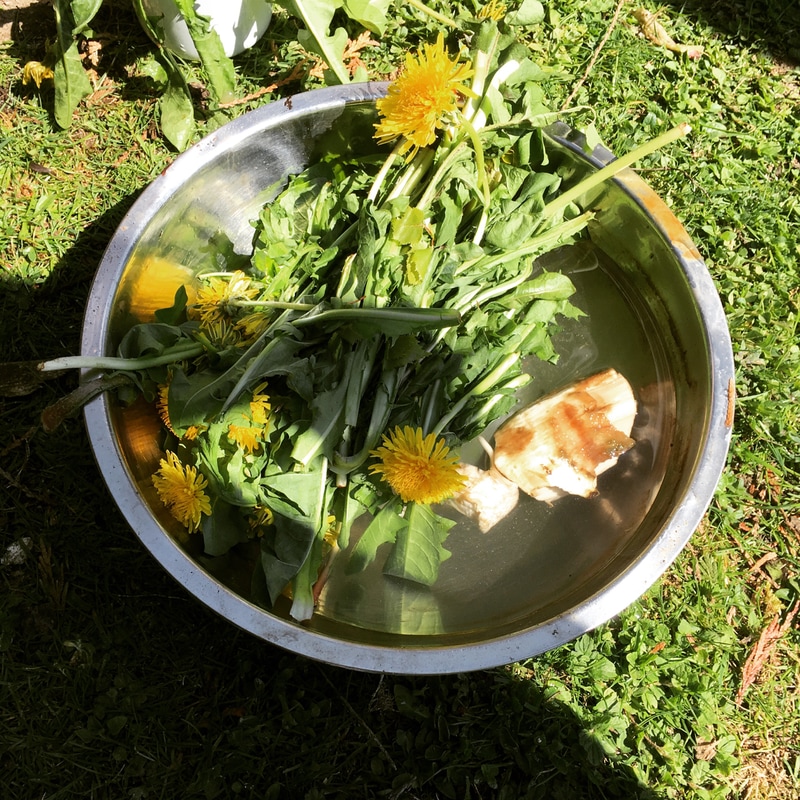
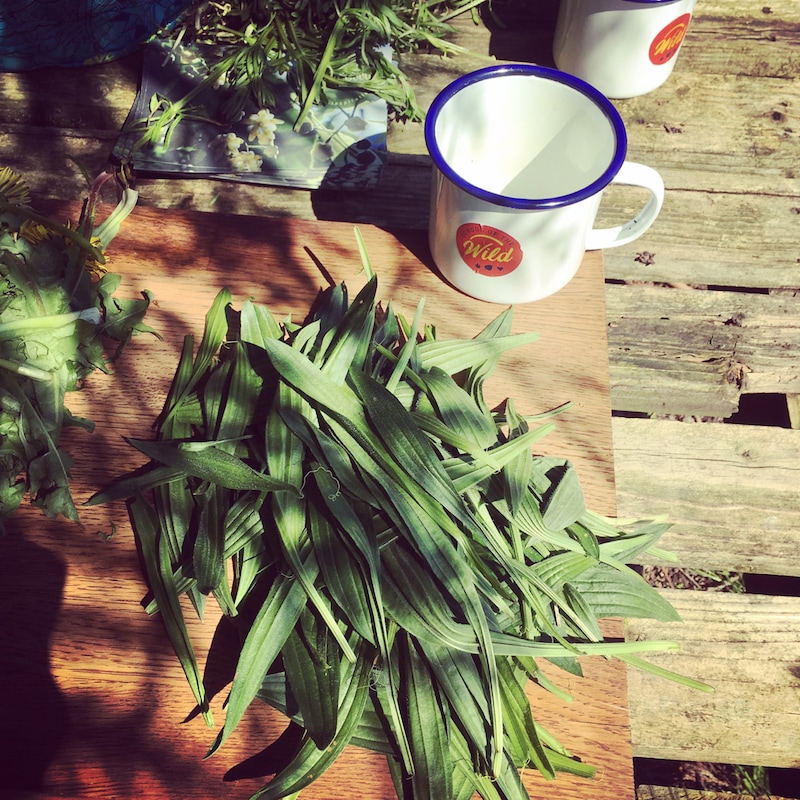
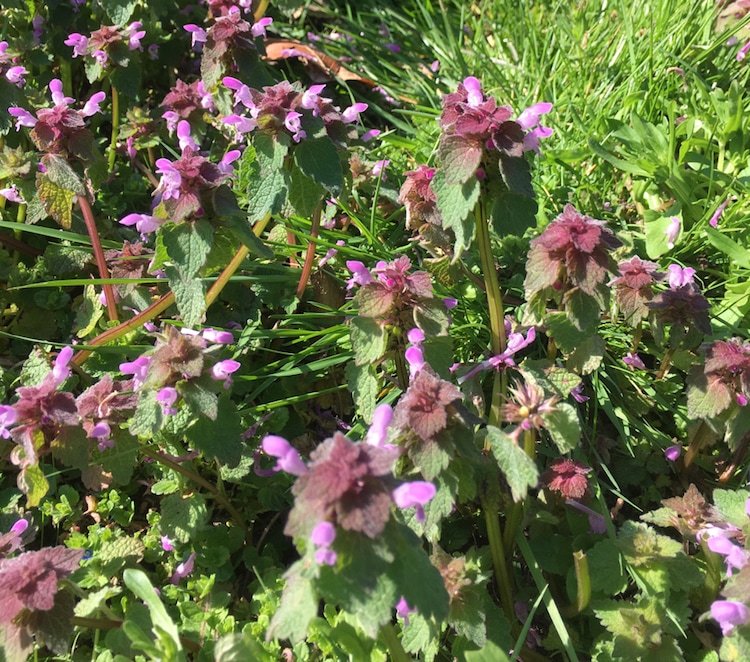
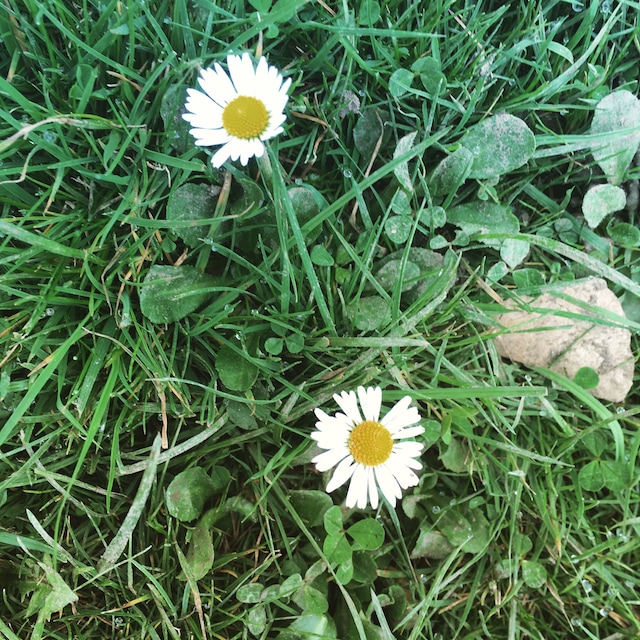
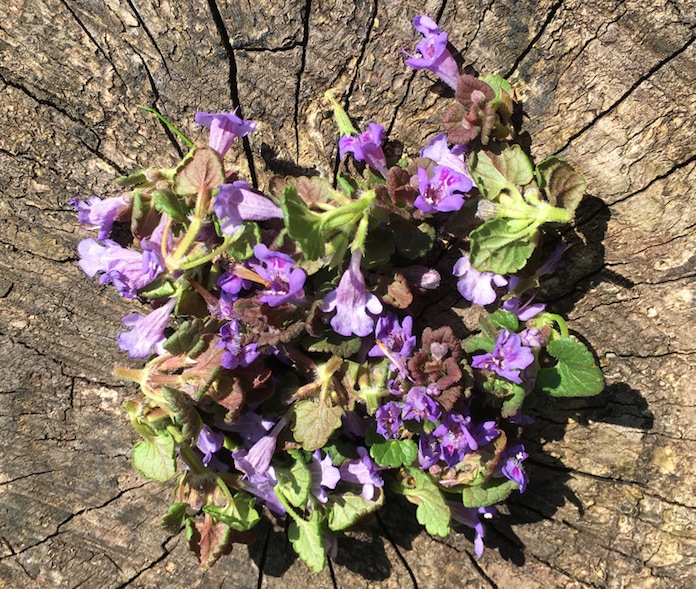
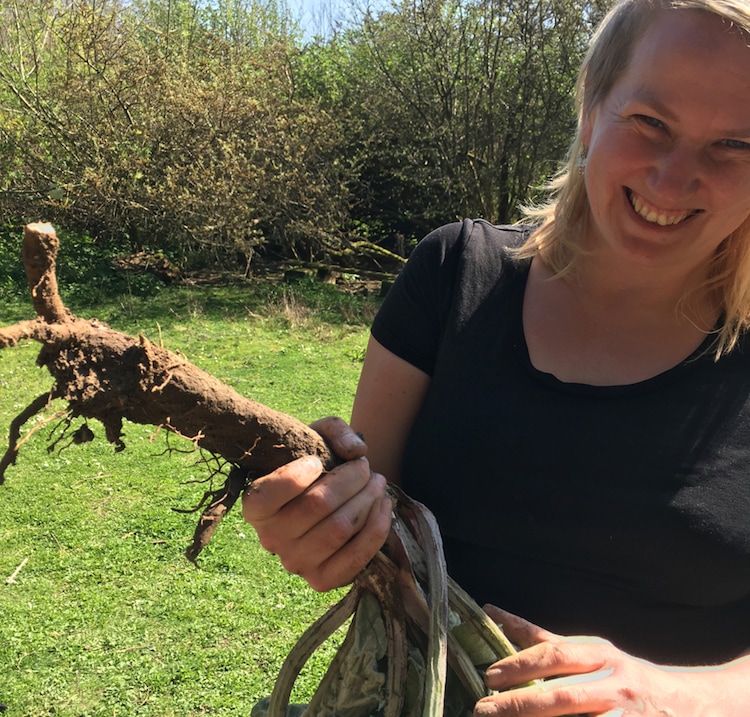

 RSS Feed
RSS Feed



